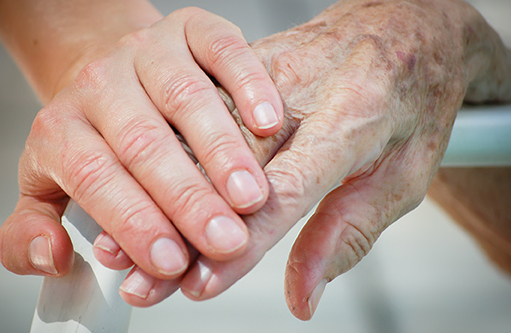
Dementia is a heartbreaking disease that affects millions of people around the world. Early signs of dementia can be difficult to spot, as they often resemble normal signs of aging. If you have a loved one who is aging, it’s important to be aware of the early signs of dementia, and what you can do if you suspect your loved one may be suffering from it.
What is Dementia?
Dementia is a serious illness that can rob your loved one of their memories, independence, and even their life. It is a progressive disease that affects the brain, and it can cause changes in mood, behavior, and cognition. Dementia is most commonly associated with Alzheimer’s disease, but it can also be caused by other medical conditions, such as stroke or brain tumor.
- Memory loss, especially forgetting recent events or conversations
- Difficulty completing familiar tasks, such as cooking a meal or paying bills
- Confusion about time and place
- Changes in mood or behavior, including becoming withdrawn, agitated, or depressed
- Having trouble finding the right words
- Impaired judgement
- Inability to follow directions
- Changes in sleep patterns, including sleeping more or less than usual
- Misplacing things
- Requiring cues and prompting to get involved in activities
What Can You Do For Your Loved One?
If you are concerned that your loved one may be experiencing early onset dementia, it is important to consult with a doctor. Early diagnosis and treatment can help improve the quality of life for people with dementia. Finding the right assisted living community that provides memory care services, such as Avanti Senior Living’s memory care program, Salize, can also be beneficial. Salize’s innovative approach to memory care is based on years of research in the assisted living and memory care industries.
What Can You Do For Yourself?
If you are a caregiver for someone with dementia, it is important to remember to take care of yourself as well. Make sure to get plenty of rest and find time for activities that you enjoy. Taking breaks can help prevent burnout. Join a support group or seek counseling if needed. There are many resources available. For more information, please visit the National Institute on Aging.

